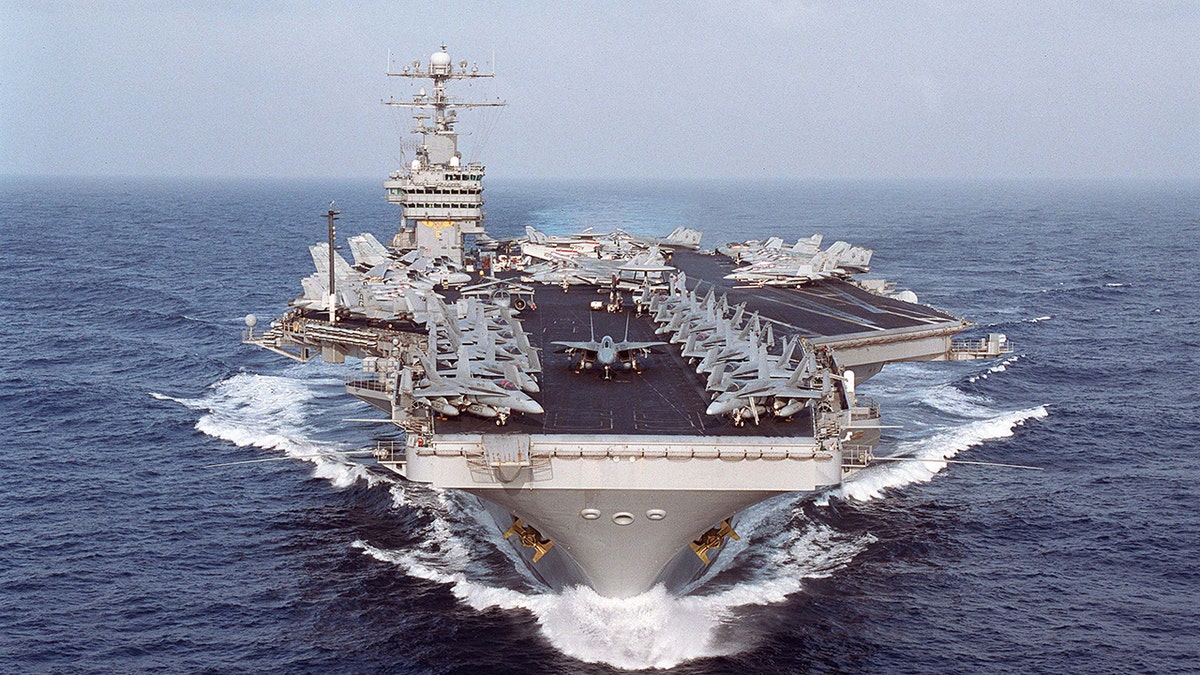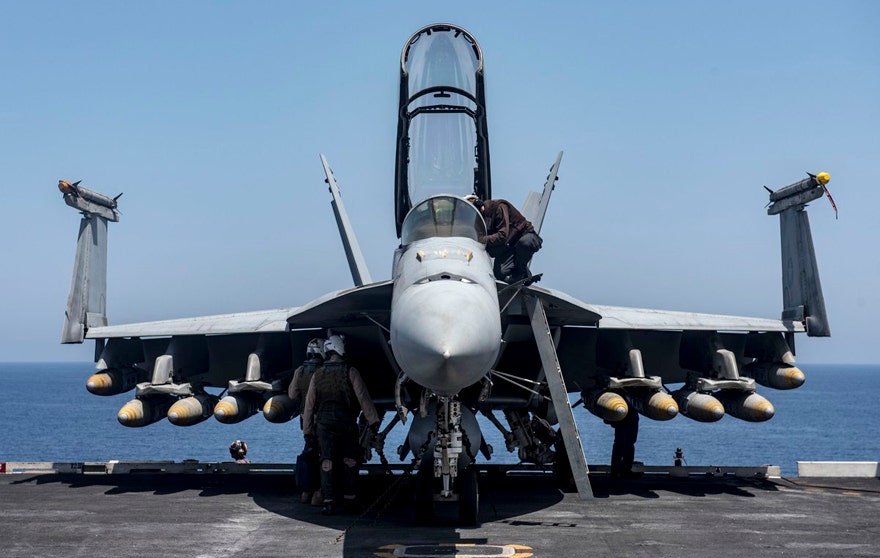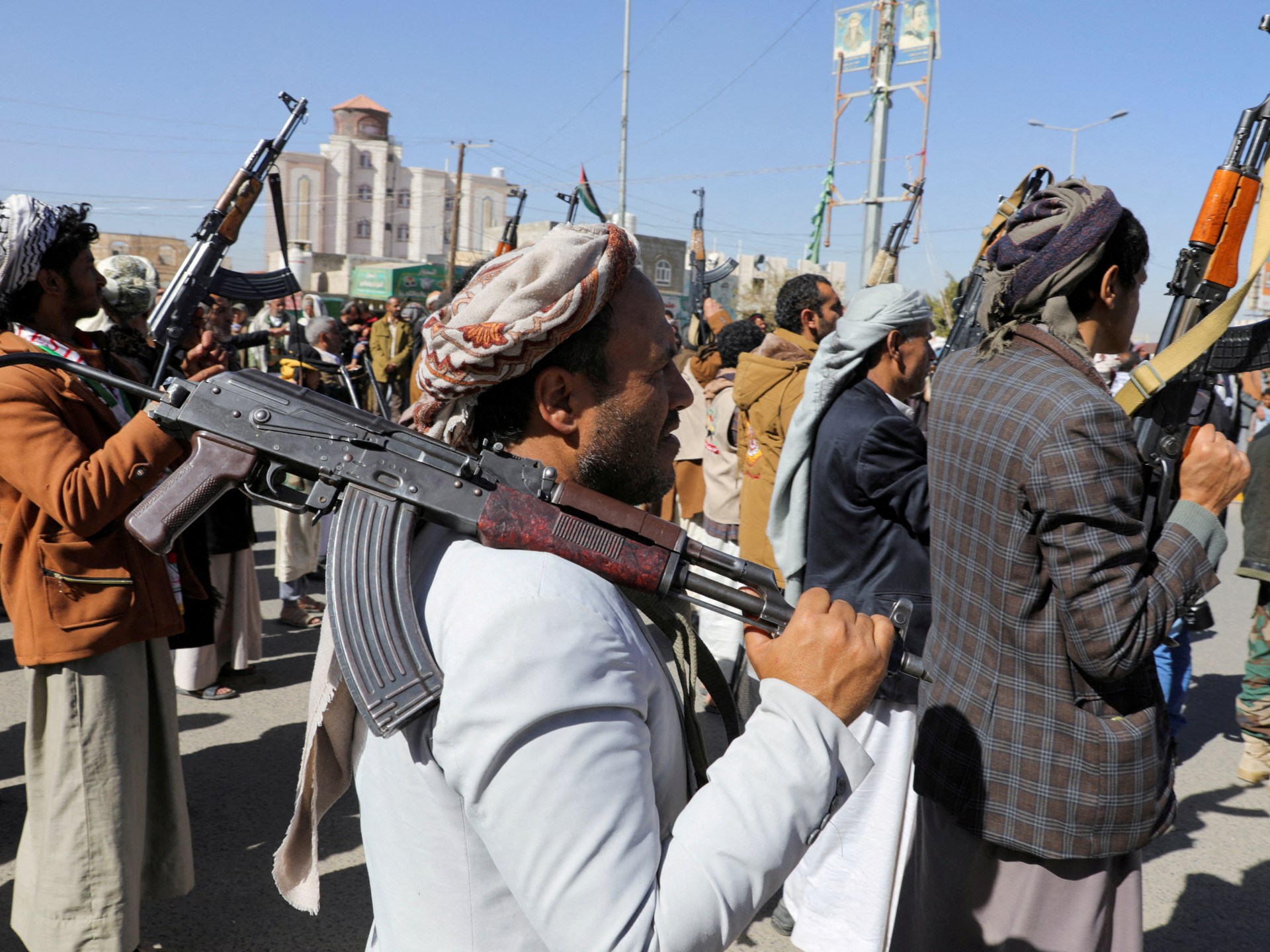
The U.S.-led airstrikes against targets in the Houthi-controlled parts of Yemen represent a new level of American involvement in the Middle East upheaval that began Oct. 7, according to some regional analysts who are already warning that the action plays into the Houthis' hands and risks igniting a wider Middle East conflagration without much chance of having their intended effect: to deter further Houthi attacks on international shipping.




